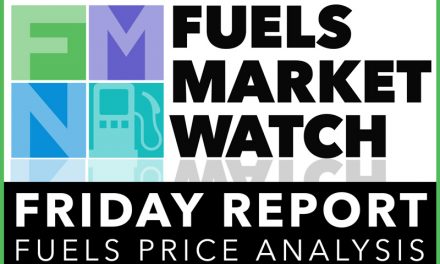The National Biodiesel Board (NBB) thanked House Ways and Means Select Revenue Measures Subcommittee Chairman Mike Thompson (D-CA) for introducing legislation to extend expired tax incentives, including the biodiesel tax incentive. NBB further thanks House Committee on Ways & Means Chairman Richard Neal (D-MA) for moving quickly to mark up the legislation this Thursday June 20. The proposal would provide U.S. biodiesel producers certainty through 2020 and incentivize investment and growth in domestic production capacity.
“Biodiesel and renewable diesel producers across the United States thank Subcommittee Chairman Thompson for proposing a multiyear, forward-looking renewal of the tax incentive,” said Kurt Kovarik, NBB’s Vice President of Federal Affairs. “The industry has been very vocal in asking for policy certainty that has proven successful in supporting industry growth over the years.”
NBB continues to work with Congressional champions of the biodiesel industry to highlight the urgency for renewing the tax incentive. NBB hosted a May 1 rally and press conference on Capitol Hill with Sens. Chuck Grassley (R-IA), Joni Ernst (R-IA) and Sheldon Whitehouse (D-RI) and Reps. Abby Finkenauer (D-IA), Cheri Bustos (D-IL), Darin LaHood (R-IL), Dave Loebsack (D-IA), and Rosa DeLauro (D-CT), who are among the 53 co-sponsors of the Biodiesel Tax Credit Extension Act of 2019 (HR 2089). NBB also led 12 other trade groups representing farmers, rural lenders, crop and biobased oil producers, and biodiesel producers in a May 22 letter to leaders of the House of Representatives and Senate, asking them to quickly extend the biodiesel tax incentive to improve the economic outlook for rural economies.
The U.S. biodiesel market grew from about 100 million gallons in 2005, when the tax incentive was first implemented, to more than 2.6 billion gallons in 2018. The biodiesel tax incentive was last renewed in February 2018, but retroactively only for 2017; the credit lapsed as soon as it was renewed. While the biodiesel blenders tax credit has applied in each year from 2010–2016, it has only been in effect at the start of the calendar year in 2011, 2013 and 2016, while other years it has been applied retroactively.








